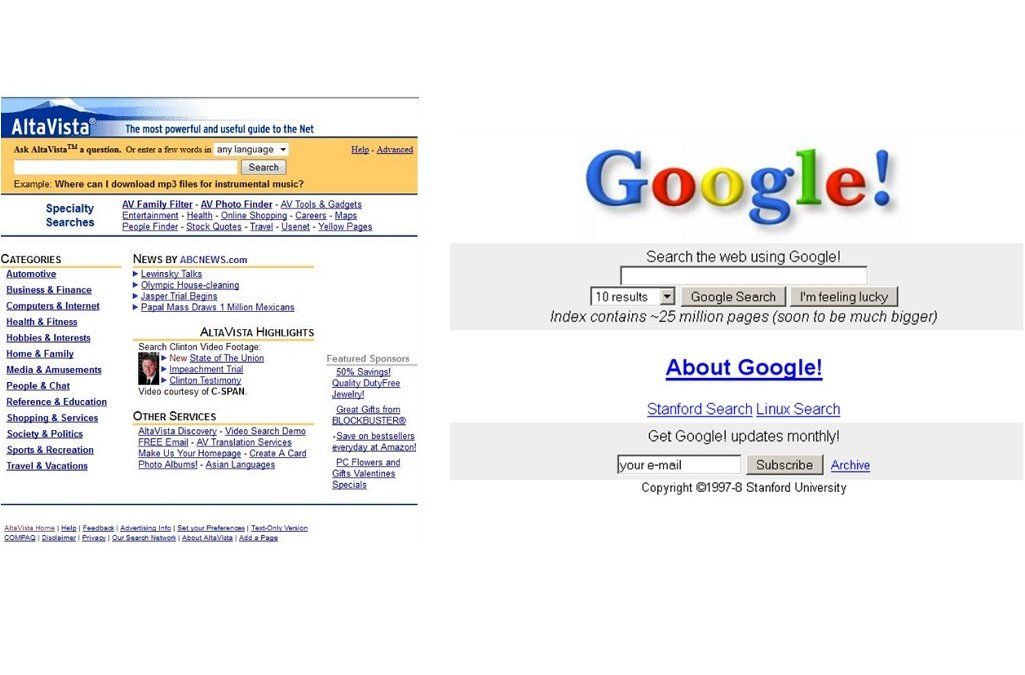Why we are not doing an ICO
Late last year Trisent considered the option of an Initial Coin Offering (ICO) or Token Sale, but having considered this at length we decided not to proceed. In previous companies I have raised working capital from VCs, Angel Investors and private individuals. I have not raised any capital using crowd sourced means and ICOs are, of course, a recent innovation in crowd funding. ICOs come in different forms, and they are fundamentally different from other crowd sourced funding because of the offer of digital tokens as opposed to rewards or equity. If you are unfamiliar with the concept of an ICO there are many articles on the Web here is a link to the Wikipedia entry.
Introduction
Trisent has a product in development based on our core 1-timeline technology that will include a blockchain element along with a lot of data security. It also monitors data storage and accesses and the revenue model lends itself to the use of a utility token. The implementation of our product will result in the decentralisation of control over personal data (i.e. each individual will have full control of their data). We already have a tested prototype, the founders have a good track record and we have an impressive Advisory Board including an international expert on cryptography and blockchain. All of these factors might suggest that we were in an ideal position to raise funds via an ICO.
The reasons
Here are the five main reasons we decided against the ICO route.
Perception
We spoke with many people about the ICO option open to us. For some they seemed excited and encouraged us, but for others it caused either confusion and a lot of explanation, or worse derision. We realised that many people believed that ICOs were scams, a passing fad, or just an improper way to raise funds. The alignment to Bitcoin could not be avoided and if we did an ICO we would certainly be perceived in a different light, and not all positive. Our core business is based on helping citizens to benefit from their personal data. This requires us to be trusted and an ICO could erode this trust with some potential customers, although it would also bring in interest and greater trust from others.
While we believe that the perception would change over time, and the ICO itself would bring new enthusiastic customers, it was clear that Trisent’s reputation would be altered if we went down this path.
Stability
It is clear that most investors in ICO tokens are speculators. Many are attempting to lock some of their digital currency assets into something real, tangible, something more than a currency that could in theory head south to zero. Unfortunately, most ICO investment are so early stage that the value of a token cannot be determined and a scatter gun approach (spread betting) has been used by many investors with very limited diligence. This has led to ICOs raising considerably more than these same companies could have raised from private equity suggesting that they are overvalued – which can create future problems when they try to deliver tangible value inline with the token market price. However, even worse in the short-term is volatility of digital currencies. Public stock markets have volatility issues where external factors (e.g. political and economic issues) can significantly change a company valuation and cause problems for them. However, the changes seen in public markets over months, can be seen in digital currency markets in just hours. Without a strong utility value in a digital token, the value of a company’s token economy is at the mercy of the digital currency rollercoaster.
Stability can be achieved in tokens if they are tied to some utility value (rather then the currency from which they were purchased). However, in early stage companies the utility value is rarely demonstrated and it is all down to external speculation.
Regulation
There is a lot that could be said about regulation. However, the real problems seem to stem, not from the need for new regulation, but around clarity regarding how existing regulation should apply to ICOs and how tokens are classified. This dilemma is potentially serious – in the UK and USA different interpretations of the existing laws applied to a token sale could span from a legitimate tax free funding all the way to – ‘go to jail’. It seemes that the best way to ensure good tax treatment and avoid going to jail, is to set-up the company where there is clarity on how laws will be applied and where ICOs are welcomed – Switzerland, Singapore, Gibraltar and Malta being popular examples.
In reality we had an existing company and were not willing to restructure it and go abroad.
Investor expectations
With private equity investments, including equity crowdfunding, the expectations from investors are reasonably clear. The needs of the company and the investor are not the same but both parties generally understand each other. In the case of token investors, it is not clear that their needs are well aligned with the company. The investor may have made large gains in their digital currency in the past – they have then reinvested profits in a company (whose tokens are probably overvalued) and they are likely looking for more short-term gains. The problem is that the company will take considerable time to deliver value and if the token is overpriced in the first place this is going to make it doubly difficult.
Since ICOs are still in their infancy it is not clear what impact this will have in the longer-term and is likely to be governed by the type of token in play and whether it is traded privately or through digital currency exchanges.
Timing
In late 2017 when we were considering an ICO there was an appetite for token sales from investors. However, a ‘goldrush’ mentality was setting in, many companies were set-up just for the purposes of raising cash in an ICO. There were interesting companies, there were scam companies, there were well intentioned but naïve companies. The crypto-currency markets were rallying and fear of missing out (FOMO) was causing every fool and their dog to rush in, thus artificially sustaining the upward trend that was begining to resemble a Ponzi scheme. Many of the holders of significant crypto-currency realised that this rise was likely to result in a heavy crash and this further encourage them to diversify their now high valued digital currencies into digital tokens and so further fuelling the ICO market.
It was clear to us that something had to give, we did not know exactly when or the end result. However, it was obvious the current trend could not be sustained indefinitely. Therefore, an ICO in early 2018 did not look like good timing. In the end, it could have been worse, but the large falls did occur and the appetite for ICOs has diminished.
Conclusion
I have probably painted a rather negative outlook on the ICO scene here, but that is only because I have presented the reasons why we, an established UK company, did not proceed with our ICO. I have not presented the alternative case in favour of an ICO and there are many potential positives here. The overarching reason, as you can see, is largely due to current uncertainties in a number of areas. I believe that many of these uncertainties will diminish as ICOs become more mature – and just like conventional crowdfunding, after some evolution they will will enter the mainstream and we will look back and wonder what all that fuss was about back in 2017-18.
The post Why we are not doing an ICO appeared first on Trisent.










